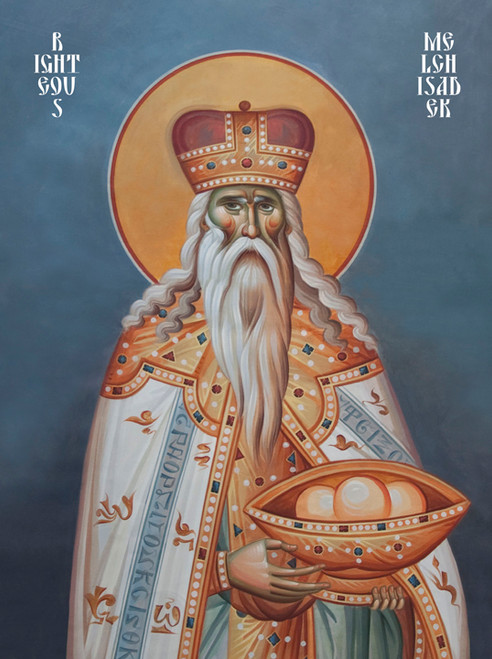Commemorated on March 12
The Righteous Phineas, grandson of the High Priest Aaron (also commemorated today) and son of the High Priest Eleazar, was also a priest and zealous in his service.
When the Israelites, after the holy Prophet Moses (September 4) led them out of Egypt, were already near the Promised Land, their neighbors the Moabites and Midianites were overcome by fear and envy. Not trusting in their own strength, they summoned the magician Balaam to put a curse on the Israelites. The Lord revealed His will to Balaam, and Balaam refused to curse the People of God, seeing that God was pleased to bless them (Num. 24:1).
Then the Moabites drew the Israelites into the worship of Baal-Peor. God punished the Jews for their apostasy, and they died by the thousands from a plague. Many, beholding the wrath of God, came to their senses and repented.
At this time a certain man named Zimri, of the tribe of the Simeon, “brought to his brethren a Midianite woman in the sight of Moses and in the sight of all the congregation of the children of Israel, and they wept at the door of the tabernacle of witness” (Num. 25:6). Phineas, filled with wrath, went into Zimri’s tent and killed both him and the Midianite woman with a spear.
“And the Lord said to Moses, ‘Phineas... has caused My wrath against the children of Israel to cease, when I was exceedingly jealous among them.... Behold, I give him a covenant of peace, and he and his descendants shall have a perpetual covenant of priesthood, because he was zealous for his God, and made atonement for the children of Israel’” (Num. 25:10-13).
After this, at the command of God, Phineas went at the head of the Israelite army against the Moabites and brought chastisement upon them for their impiety and treachery. After the death of the High Priest Eleazar, Saint Phineas was unanimously chosen as High Priest. The high priesthood, in accord with God’s promise, continued also with his posterity. Saint Phineas died at an advanced age around 1500 B.C.







